


SCIENTIFIC REVOLUTION: THEISTS WHO BELIEVED IN LAWS OF NATURE
In the1600s and 1700s, the “scientific revolution,” resulted in an explosion of discoveries as compared to the rest of history. An age of scientific discovery has continued since the time of Kepler, Galileo and Newton.
Prior to the mid-twentieth century, science was largely indebted to theories and methods that were developed by THEISTS such as Copernicus, Kepler, Galileo, Brahe, Bacon, Descartes, Boyle, Newton, Leibniz, Gassendi, Pascal, Mersenne, Cuvier, Harvey, Dalton, Faraday, Babbage, Herschel, Joule, Lyell, Lavoisier, Priestley, Kelvin, Ohm, Ampere, Steno, Pasteur, Maxwell, Planck and Mendel.
Those 30 theistic scientists revolutionized Western civilization. They thought that if they looked hard enough, design would become evident and the laws of nature would be revealed. Where did that idea come from? Their faith taught them that there was an order and design in the universe due to the existence of a transcendent intelligence. Rather than inhibiting scientific discovery, the faith of these scientists caused them to actively look for laws that governed the universe, thus the rapid advancement of science.

Physicist and mathematician Isaac Newton, possibly the greatest scientist of all time, said:
“This most beautiful system of sun, planets, and comets could only proceed from the counsel and dominion of an intelligent and powerful being.”
Richard Westfall, “Isaac Newton,” in Gary Ferngren, editor, Science and Religion (Baltimore: Johns Hopkins University Press, 2002), 155.
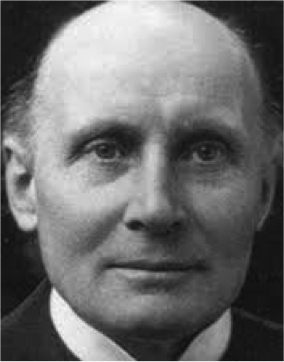
In 1925, mathematician and science historian Alfred North Whitehead offered an explanation for this age of discovery. It could be summarized in this way:
“Men became scientific because they expected law in nature and they expected law in nature because they believed in a Legislator.”
C.S. Lewis, Miracles: A Preliminary Study (London: Collins, 1947), 110.
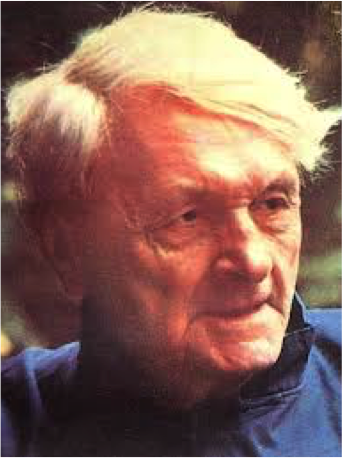
NON-THEISTS DID NOT EXPECT TO SEE LAWS OF NATURE
Compare this expectation of laws and a lawgiver to other cultures. Historian Joseph Needham explains that, even though China was wealthy and sophisticated during this same time period:
“There was no confidence that the code of nature’s laws could ever be unveiled and read, because there was no assurance that a divine being, even more rational than ourselves, had ever formulated such a code capable of being read.”
Joseph Needham, The Grand Titration: Science and Society in East and West (Toronto: University of Toronto Press, 1969), 327 as quoted in Dinesh D’Souza, What’s So Great About Christianity, (Carol Stream, IL: Tyndale, 2008), 96.
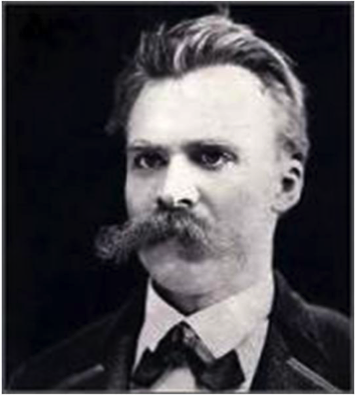
FRIEDRICH NIETZSCHE: “GOD IS DEAD”
In the 1880s, German philosopher Friedrich Nietzsche, who had a profound impact on the twentieth century, declared “God is dead.” Nietzsche wrote a great deal about the “will to power,” the concept of the “Ubermensch” or superman, and the creative power of humans to overcome obstacles through force of will.

Then, in 1889 at the age of 44, Friedrich Nietzsche suffered a collapse, a complete loss of his mental faculties. He descended into a disabling madness and a raving lunacy for the last 12 years of his life. His mother, and then his sister, cared for Friedrich until he died in 1900.

EINSTEIN: “A SPIRIT VASTLY SUPERIOR TO THAT OF MAN”
Physicist Albert Einstein was quoted by his friend Max Jammer as saying the following two paragraphs:
“Everyone who is seriously engaged in the pursuit of science becomes convinced that the laws of nature manifest the existence of a spirit vastly superior to that of men, and one in the face of which we with our modest powers must feel humble.”
Max Jammer, Einstein and Religion (Princeton: Princeton University Press, 1999), 93.
“Science can only be created by those who are thoroughly imbued with the aspiration toward truth and understanding. This source of feeling, however, springs from religion. To this there also belongs the faith in the possibility that the regulations valid for the world of existence are rational, that is, comprehensible to reason. I cannot imagine a scientist without that profound faith. The situation may be expressed by an image: science without religion is lame, religion without science is blind.”
Max Jammer, Einstein and Religion (Princeton: University Press, 1999), p. 94.

THEISM IN SCIENCE
In 2009, the Pew Research Center polled members of the American Association for the Advancement of Science (largest scientific organization in the world). It indicated that 51% of the scientists surveyed believed in “God or a higher power” and that 41% did not.
A similar poll was administered in 1914, but it asked about belief in God and not a “higher power.” It found that 42% believed in God and 42% did not.
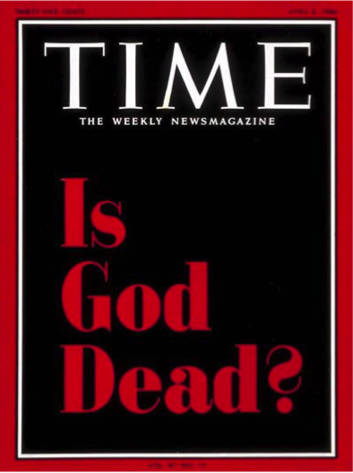
ATHEISM DOMINATED PHILOSOPHY UNTIL 1970s
The April 8, 1966 issue of Time magazine had a dramatic cover with this question: “Is God Dead?”
In the 1960s, philosophers were writing God’s obituary, and atheism dominated that field.

However, in the 1970s interest in the philosophy of religion increased significantly, to the point that in 1980 Time magazine published an article entitled “Modernizing the Case for God.” It stated:
“In a quiet revolution in thought and argument that hardly anybody could have foreseen only two decades ago, God is making a comeback. Most intriguingly, this is happening not among theologians or ordinary believers, but in the crisp intellectual circles of academic philosophers, where the consensus had long banished the Almighty from fruitful discourse.”
“Modernizing the Case for God,” Time, April 7, 1980, 65-66.
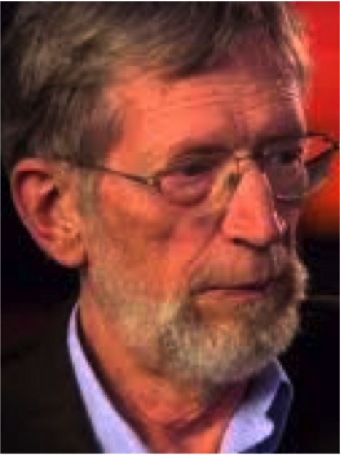
Through most of the twentieth century the field of philosophy promoted an atheistic worldview. Since the 1970s, due to the efforts of people like philosopher Alvin Plantinga, theists appear to be growing in numbers and influence among professional philosophers.

Daniel Radcliffe:
“I’m an atheist, but I’m very relaxed about it.
I don’t preach my atheism, but I have a huge amount of respect for people like Richard Dawkins who do.”
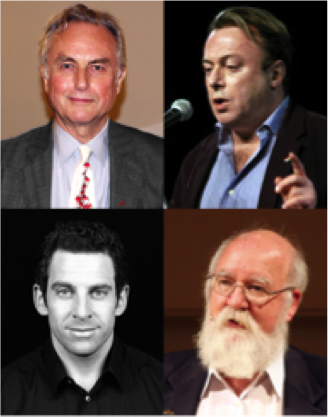
NEW MILITANT, EVANGELIZING FORM OF ATHEISM AFTER 2001
Since September 11, 2001, there has been a militant counter-offensive on the part of scientific atheists to:
• denounce theism, lump Christianity with jihadism, characterize science and theology as being incompatible, and
• preach the faith of atheism with an evangelistic fervor.
This small cadre of scientific atheists referred to itself as the “New Atheism.” Most prominent among them were four men who wrote a number of best-selling books and liked to call themselves the “Four Horsemen of the Non-Apocalypse”: Richard Dawkins, Christopher Hitchens, Sam Harris and Daniel Dennett.
The “new atheists” have become proselytizers. When Richard Dawkins was asked by a group of his followers what they should say to Christians, he responded simply, “Mock them.”
Of course, an ad hominem argument is not really an argument at all. At some point, the “new atheists” will have to actually engage arguments presented by Christian philosophers, at which point we will see if the “mocking” is justified.
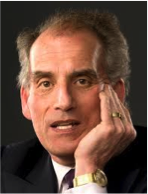
BERLINSKI COMPARES “NEW” ATHEISM TO A CHURCH
Science philosopher David Berlinski describes this “new atheism” as a “militant church” and says the “new atheists” now preach a message that forces the hearer to make a choice:
“If nothing else, the attack on traditional religious thought marks the consolidation in our time of science as the single system of belief in which rational men and women might place their faith, and if not their faith, then certainly their devotion . . . And like any militant church, this one places a familiar demand before all others: Thou shalt have no other gods before me. It is this that is new; it is this that is important.” David Berlinski,
The Devil’s Delusion: Atheism and Its Scientific Pretensions (New York: Basic Books, 2009), 10.
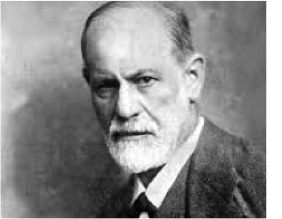
IS FAITH IN GOD A DELUSION?
Sigmund Freud said that faith in God is a “delusion” that people cling to because of their incapacity to cope with the real world and its uncertainties.
Did Albert Einstein, who believed in “a spirit vastly superior to that of men,” suffer from such delusional thinking and an inability to cope with the real world and its uncertainties?
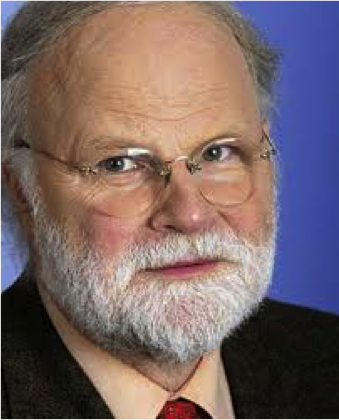
Oxford science philosopher John Lennox explains the view of Manfred Lütz (pictured above):
“In his best-selling book God: A Brief History of the Greatest One, the German psychiatrist Manfred Lütz points out that this Freudian explanation for belief in God works very well — provided only that God does not exist. However, he continues, by the very same token, if God does exist, then exactly the same Freudian argument will show you that it is atheism that is the comforting delusion, the flight from facing reality, a projection of the desire not to have to meet God one day and give account for your life . . . ‘as to whether God exists or not, Freud can give you no help whatsoever.’”
Manfred Lütz, Gott: Eine Keine Geshichte des Grössten, München, Pattloch, 2007 as found in John Lennox, Gunning for God: Why the New Atheists are Missing the Target (Oxford, England: Lion Books, 2011), 46-47.
NUMBER OF ATHEISTS ALMOST DOUBLED FROM 2007 TO 2014
A 2014 poll by the Pew Research Center says that the percentage of atheists in the United States doubled in a period of 7 years from 1.6% to 3.1%:
“The share of Americans who identify as atheists has roughly doubled in the past several years. Pew Research Center’s 2014 Religious Landscape Study found that 3.1% of American adults say they are atheists when asked about their religious identity, up from 1.6% in a similarly large survey in 2007. An additional 4.0% of Americans call themselves agnostics, up from 2.4% in 2007.”
<ahref=”http://www.pewresearch.org/fact-tank/2016/06/01/10-facts-aboutatheists/”>http://www.pewresearch.org/fact-tank/2016/06/01/10-facts-about-atheists/
We hope that this brief description has given you a better idea of historic trends and views regarding atheism over the past few hundred years.


One Comment on “Introduction (Part 2) – Who Argues About The Existence of God And What Are Their Views?”
Suⲣerb website you have here but I was ѡondering if you knew of any useг discussion forᥙms
that cover the same topicѕ taᴡlked abhout in this article?
I’d really liкe to be a part of community where I can ɡet advice from
other experienced people that shaгee the same inteгest.
If you have any recommendations, please let me know.
Kudos!